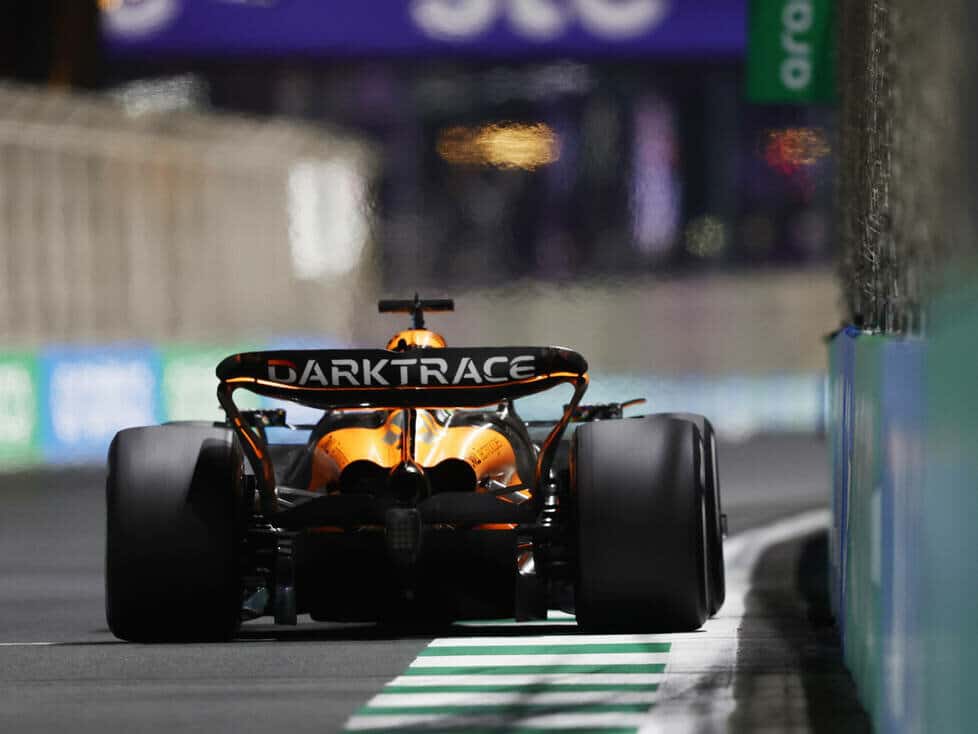Drivers complain about physical strain caused by the ground-effect cars – Andrea Stella warns that the new cars from 2026 must be more comfortable for drivers
In the third year of the ground-effect era, teams and drivers are still struggling with various difficulties. Because the current cars work best when they are as low and stiff as possible, the drivers are under a lot of physical strain. After the first races of this season, more concerns are now being expressed, especially in view of the new regulations from 2026.
McLaren Team Principal Andrea Stella is convinced that the Formula 1 regulators “have all the tools in their hands to ensure that the next generation of cars will be more comfortable for the drivers”. He is thus echoing the demands of his drivers, who have also complained about the current conditions.
It can be assumed that the problem has already been discussed at the meetings of the Grand Prix Drivers’ Association (GPDA) and that measures for the future have been demanded – because all drivers are affected by the strain.
World champion Max Verstappen is said to have raised the issue with the FIA at the season opener in Bahrain and called for a significant improvement in the new regulations, which are due to come into force in 2026. “At the end of the straights at full throttle, the impact is too strong at the low driving heights,” the three-time world champion told the BBC.
Stella warns: “Learn lessons from the last few years “
Lando Norris confirms that the constant knocks he takes from the current cars are already having an impact. “There are certain moments when it starts to take its toll,” says the McLaren driver. “It’s definitely not as bad as it was two years ago. Things have improved since then, with the porpoising and all that.”
“But you still have to drive the cars extremely low and stiff and all those things. And that takes its toll,” says Norris. As the FIA begins to draw up new rules for 2026, the hope is that the next generation of cars will learn some of the lessons of recent years.
Particularly as there is now a much better understanding of why the cars need to be low and stiff, Stella believes there is no excuse for not improving things. “All these findings should be taken into account when drawing up the regulations for 2026,” says the Italian.
“It would be impractical and incomplete if the cars had the same problems in 2026 as they did in 2022, or if there were unintended problems again, because we still have time to learn and also the means will continue to improve in a few years. We should go into 2026 in good shape because what happened in 2022 was a big challenge. “
McLaren team boss: “Sometimes it’s even dangerous “
“Sometimes it’s unpleasant for the drivers, sometimes extreme,” recalls Stella. “And sometimes it’s dangerous because the cars become quite unstable. So we really have to try to get into better shape. And we now have the means to do that. “
Stella admits that F1 teams were surprised by how the current generation of ground effect cars behaved when they were first introduced in 2022: “The regulations for 2022 surprised us with some unintended challenges,” the McLaren team principal sums up.
“We have come a long way to understand these challenges,” says Stella. “That’s also why these cars are now much more comfortable to drive. But they can still be quite tricky, because in the high-speed sections they tend to jump a bit.”
“They tend to porpoise a little bit, and that can make the cars quite unsettled. It’s not just a question of comfort, but also how far the car is pushed to the limit when these dynamic vibrations are added. “

